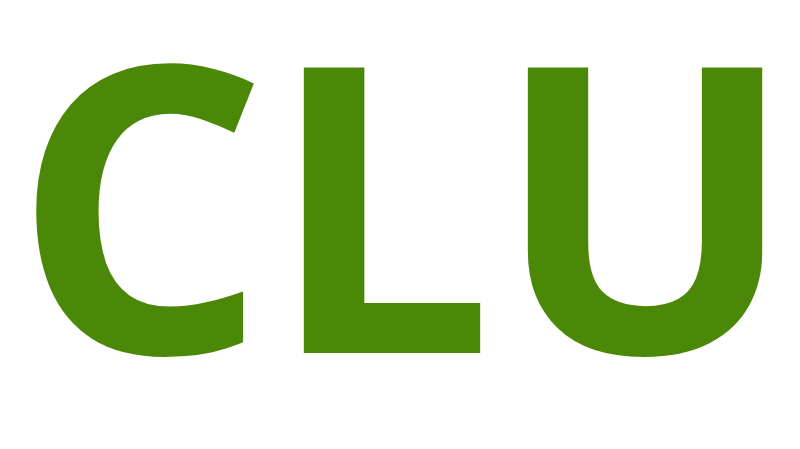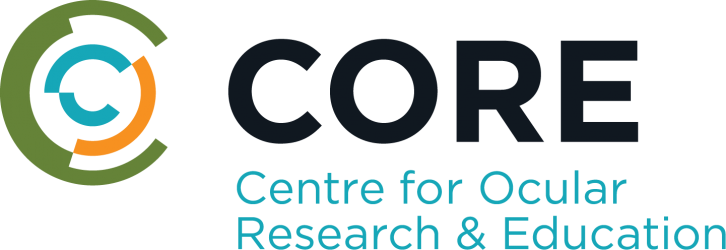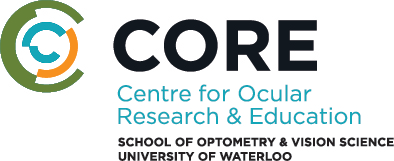Searchable database features conditions, management, photos and videos
WATERLOO, Ontario, June 13, 2018—Eye care professionals can now access a free, fully-searchable database which includes descriptions, images and videos to help identify and manage contact lens related issues. Now under the direction of the Centre for Ocular Research & Education (CORE), with significant enhancements and new content, the Clinical Contact Lens Management Guide (ContactLensManagement.com) will serve as an indispensable resource for established and new practitioners, as well as students.
The site lists conditions in four sections: cornea, limbus, conjunctiva and lid. Each entry is also cross-referenced by contact lens, signs, symptoms and biomicroscope categories. Clicking through, each item presents a detailed description of the condition, its signs, symptoms, prevalence, differential diagnosis, and management, along with photos and videos to aid in diagnosis and resolution.
“ContactLensManagement.com is intended to be an easy-to-use, compact summary and searchable reference for contact lens practitioners, covering both common and low-grade conditions as well as more rare and serious issues,” said Lyndon Jones, director of CORE. “Early response to its redesign and substantial new content indicates the site will likely see rapid adoption and widespread use worldwide in clinical and academic settings.”
First conceived in 1993, the Clinical Contact Lens Management Guide has been edited in its many forms by renowned professionals. Now, as a fully-independent resource hosted by CORE, and supported by an independent medical education grant from Alcon®, the site includes enhancements such as a rich search feature to help practitioners easily filter conditions by their presenting signs and symptoms. New content includes instructional information on biomicroscope techniques, including unique CORE-produced, high-resolution videos designed to help optometry students, newly qualified optometrists and practitioners in developing markets.
The content will continue to be updated by CORE, with new information added over time. Later this year expect to see updated sections on Demodex along with incorporation of information from the recent DEWS II dry eye report.
# # #
About the Centre for Ocular Research & Education (CORE)
The Centre for Ocular Research & Education (CORE) – formerly known as the Centre for Contact Lens Research – was established in 1988 at the University of Waterloo’s School of Optometry & Vision Science. Over the next three decades, the organization evolved from a three-person operation into a thriving hub of basic and applied research, collaborating with sponsors, agencies and academia on advanced biosciences, clinical research and education. Its uncompromising independence and results of the highest quality have been at the heart of many of the most prominent advances in eye health. Today, its approximately 50-person team serves a range of ophthalmic sectors, including medical devices, ocular pharmaceuticals, digital technology and others, with a focus on the anterior segment. For more information, please visit core.uwaterloo.ca.






 It was thrilling to unveil CORE Knowledge, the ultimate eye science game at ARVO 2018. Hundreds stopped by our booth to play and they were hooked in seconds to the rapid-fire, two-minute trivia game.
It was thrilling to unveil CORE Knowledge, the ultimate eye science game at ARVO 2018. Hundreds stopped by our booth to play and they were hooked in seconds to the rapid-fire, two-minute trivia game. Clinicians, researchers, journalists, students and industry professionals answered more than 14,000 questions during ARVO 2018. High scorer Rajini Peguda from the School of Optometry and Vision Science at UNSW Sydney, emerged the grand champion, and Will Ngo, University of Alabama School of Optometry, and Eric Carlson, Aerie Pharmaceuticals, came in second and third, respectively. Match wits with ARVO winners and challenge others to see your name reign on the board!
Clinicians, researchers, journalists, students and industry professionals answered more than 14,000 questions during ARVO 2018. High scorer Rajini Peguda from the School of Optometry and Vision Science at UNSW Sydney, emerged the grand champion, and Will Ngo, University of Alabama School of Optometry, and Eric Carlson, Aerie Pharmaceuticals, came in second and third, respectively. Match wits with ARVO winners and challenge others to see your name reign on the board! CORE Knowledge was born out of 30 years of working with partners to make great contributions to advancing vision science and research. With the first edition now played by members of the optometry and ophthalmology communities around the world, we invite you to submit questions to future editions of CORE Knowledge. Questions may be submitted, along with four multiple choice options (including the correct answer indicated) via email to
CORE Knowledge was born out of 30 years of working with partners to make great contributions to advancing vision science and research. With the first edition now played by members of the optometry and ophthalmology communities around the world, we invite you to submit questions to future editions of CORE Knowledge. Questions may be submitted, along with four multiple choice options (including the correct answer indicated) via email to  CORE Knowledge is free and can be played online without downloading any software or applications. And there’s no limit to how often or how long you play. Go to
CORE Knowledge is free and can be played online without downloading any software or applications. And there’s no limit to how often or how long you play. Go to  For nearly three decades, the world’s optometry and ophthalmology communities have partnered with the Centre for Ocular Research & Education (CORE) at the University of Waterloo’s School of Optometry & Vision Science on pioneering studies. Beginning in January 2018, the organization will adopt a new name: the Centre for Ocular Research & Education (CORE).
For nearly three decades, the world’s optometry and ophthalmology communities have partnered with the Centre for Ocular Research & Education (CORE) at the University of Waterloo’s School of Optometry & Vision Science on pioneering studies. Beginning in January 2018, the organization will adopt a new name: the Centre for Ocular Research & Education (CORE).